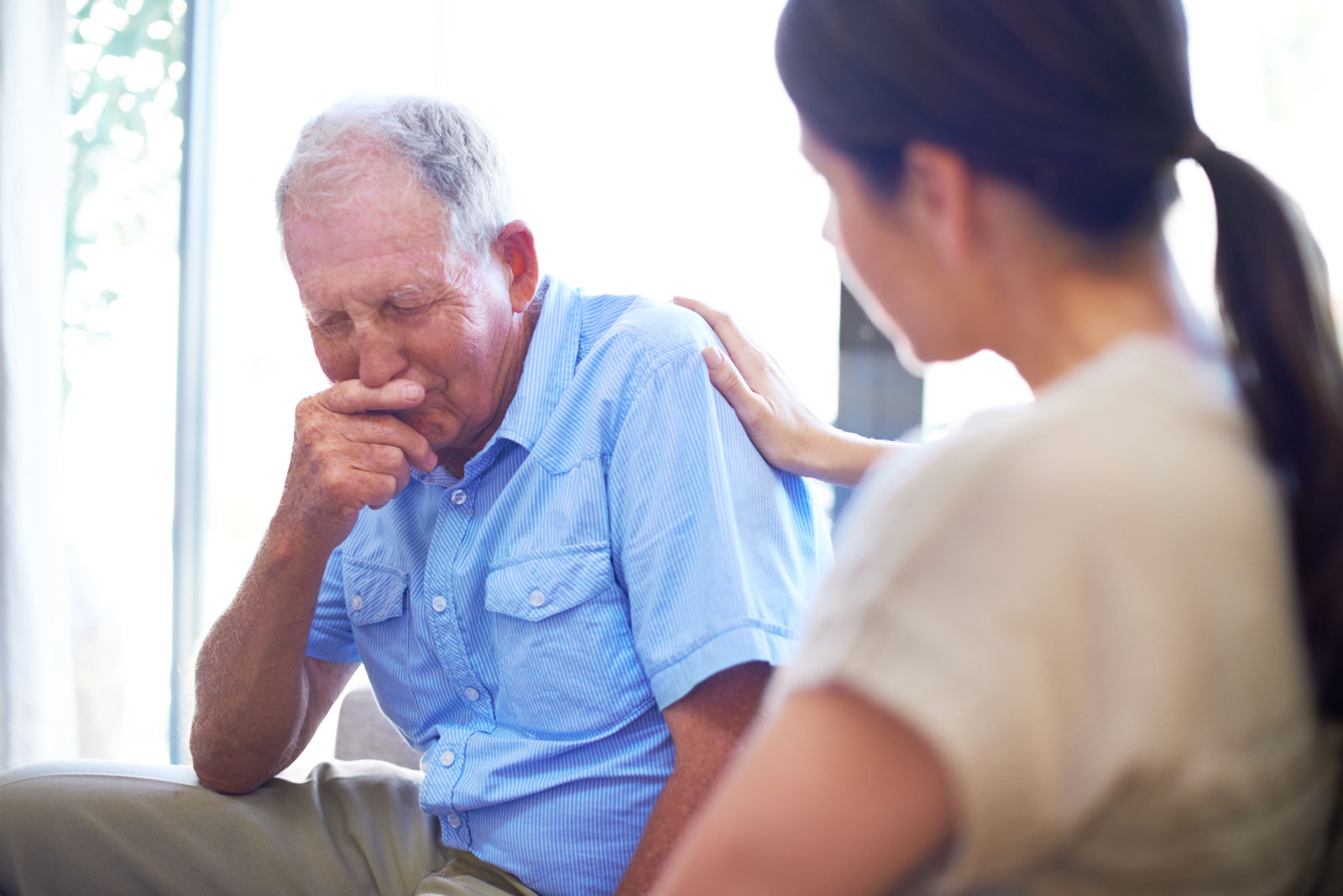Steve Denham discusses the role people working in independent retail stores will play in helping customers through bereavement after the pandemic.
I spent the first half of my career in retail working for WHSmith in five different towns, and the communities that were important were the people I worked with, the other store managers and area team.
Who the customers were at an individual level was mostly unknown as they mostly only interacted with the staff when they paid for their shopping. The store management team were mostly focused on ensuring that the daily functions of the business were done to keep the tills ringing.
Having then experienced running a village shop for more than two decades it now seems remarkable just how different the two halves of my retail life were. I knew when I took on my own shop that I would need to know my customers as individual people and remember their names. Next, it was learning about the lives and families as well as what they were likely to want to buy.
Read more: Six tips for retailers to manage mental health and well-being
Customer relationship management is at the heart of ever-successful independent neighbourhood stores. This spring, and the daily reporting of the coronavirus pandemic toll, has reminded me of the stark difference between my high street experience and that of running my own business.
When you know people, you notice when they are gone. It took me over a year to become aware of the fact that my initial customer base had changed. It came as quite a shock that in the first 15 months of independent retailing more than 100 people that I had come to know had died.
The coronavirus and the lockdown of society over the spring and summer will have hidden many of the elderly people who would normally be regular visitors to their local stores. More than two million people who have been shielding themselves due to their health challenges will not have been out to the shops for over three months. And some of them are unlikely to not reappear when the pandemic has passed.
Read more: Coronavirus: Are you making reasonable adjustments for vulnerable shoppers?
In normal times, neighbourhood store owners and their staff are likely to have conversations with people who have a partner or family member that is unwell or has died. It is a natural part of supporting the community.
When it is safe to return to a more normal life, local stores will be on the frontline of helping the bereaved husbands, wives and partners, to offer sympathy and support as they deal with their loss.
Knowing your customers as individual people is the key difference between the independent and multiple sectors of retail. Being there and helping your customers through their difficult times has value beyond immediate profit. If you work in retail and wish to know more about dealing with bereavement, Cruse has guidance on its website.
Find out more on our coronavirus information hub for retailers



Comments
This article doesn't have any comments yet, be the first!